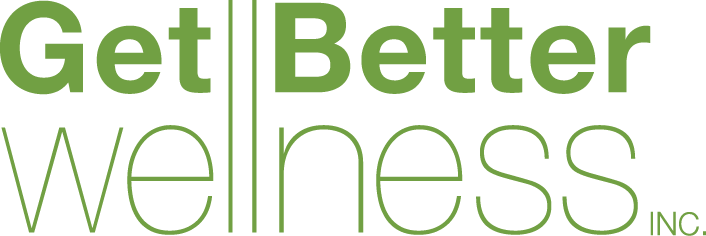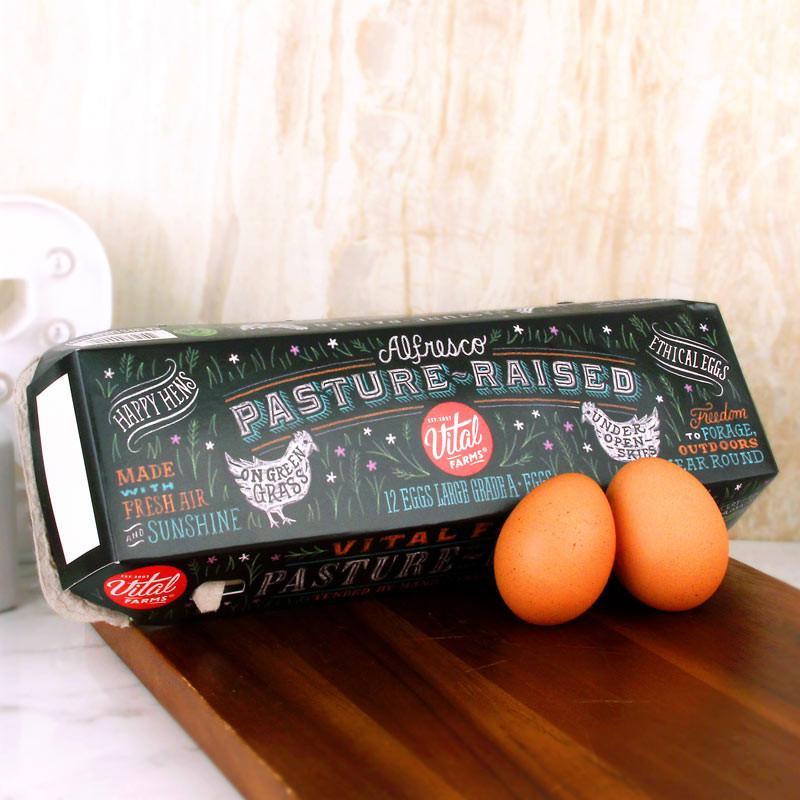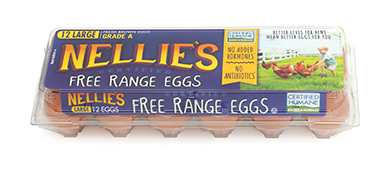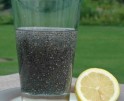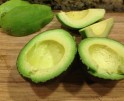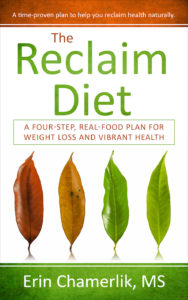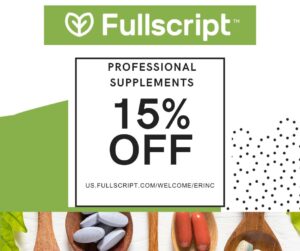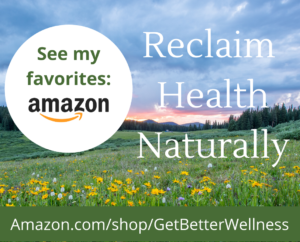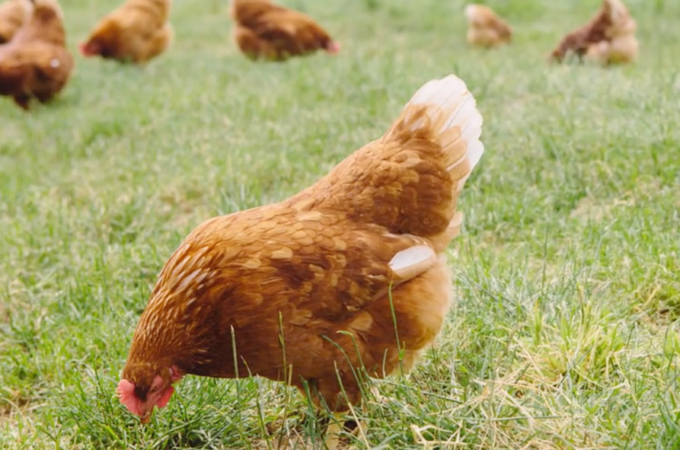
What are the Best Eggs to Buy?
Eggs – Not easy to find the real deal !
Unless you actually buy from a farmer you trust we have to look for certain things when shopping for eggs at the store. Sometimes going on the producer’s website can give you a better idea of what you are buying.
Lingo of the Egg Business
Free Range and Pasture Raised
“Free Range” – Dig deeper to find out what the producer means.
Ideally the chickens are outdoors foraging most of the day and most of the year. Hen houses are needed for protection and they are going to need a supplemental feed. The supplemental feed may be “100% vegetarian” to assure you that animal parts aren’t being mixed in.

There is no federal requirement for how much space a chicken needs in order for the label to say “free range” – so one additional thing to look for is “Certified Humane” this means that free-range hens have a minimum of two square feet of outdoor space per bird.
“Pasture Raised” – again there is no standard, but for “Certified Humane” it’s 108-square-feet outdoor space per bird.
Marketing Gimmicks
Cage Free
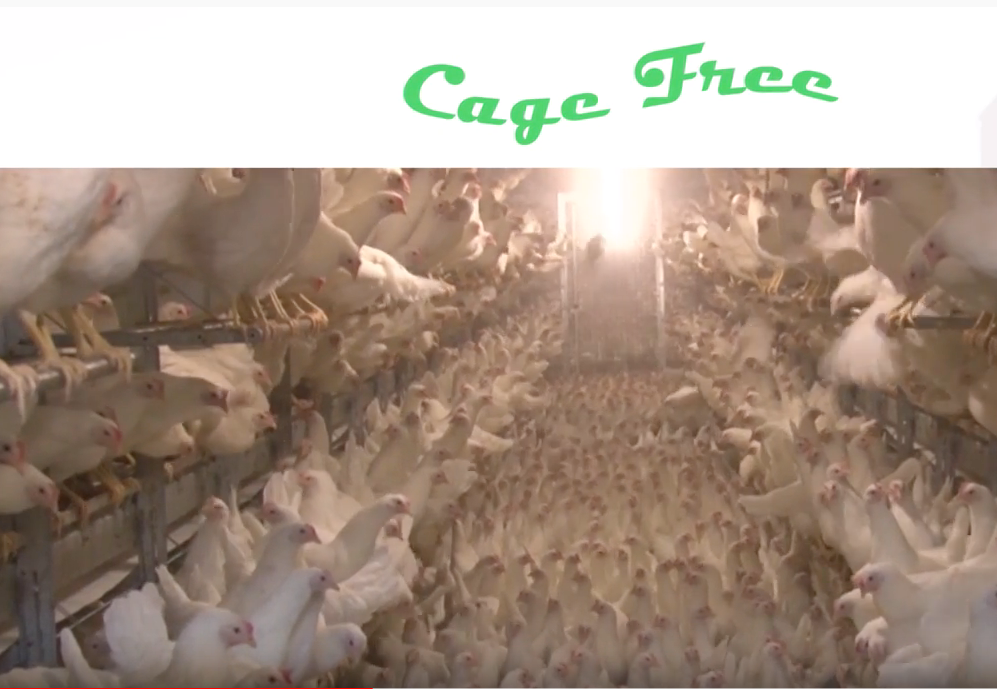
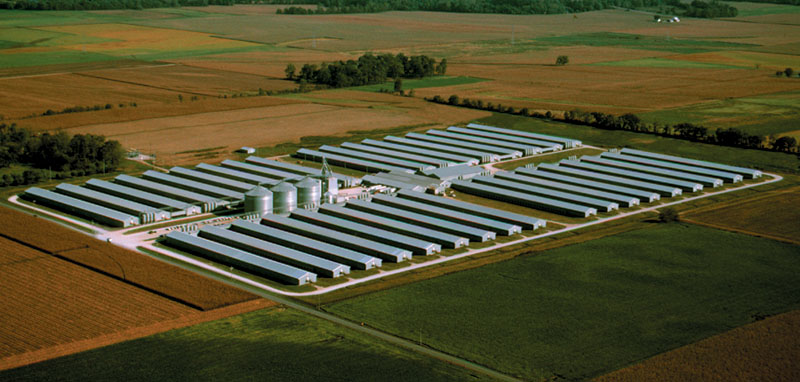
Cage Free System
This is a cage free system but the hens may still live in cages, in metal buildings with no access to the outside. The hens may have an opportunity to get out of their cages, or not live in cages, but they still live in a huge warehouse, with little room to move about. They live in huge flocks and typically never go outside.
All Natural
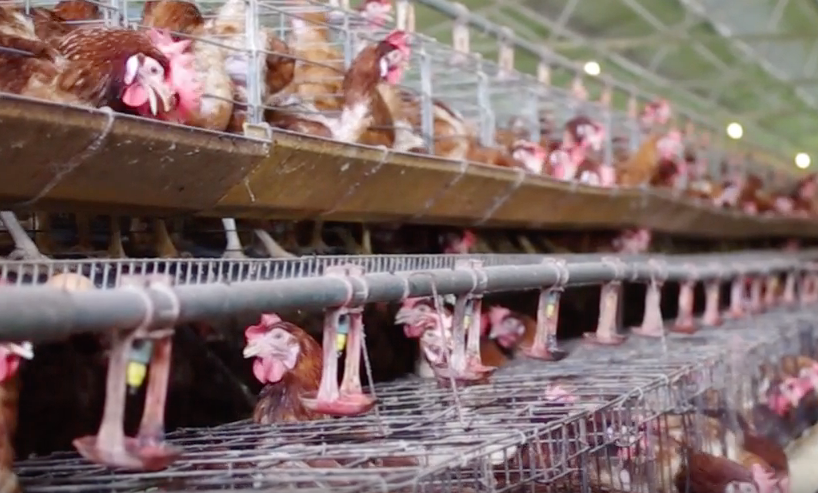
“All Natural, Farm Fresh” eggs are usually from hens raised in battery cages.
Each caged laying hen is given a cage that is less space than a single sheet of letter-sized paper. The hen is unable to spread her wings, nest, perch, peck, dust bathe and denied natural behaviors.
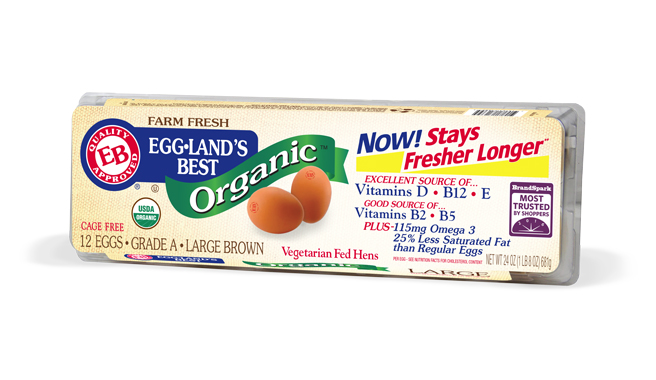
Is Organic Best?
Organic eggs do not give meaning to how the animal was raised. It speaks only to the feed given typically. If an egg is labeled organic then I typically don’t want it because a pasture-raised hen is outdoors, not just eating organic feed.
Chickens are not Vegetarians
“Vegetarian feed” – We don’t want the chicken to be only fed vegetarian feed, because they aren’t vegetarians and need to have outdoor access to peck for grubs and worms in the dirt.
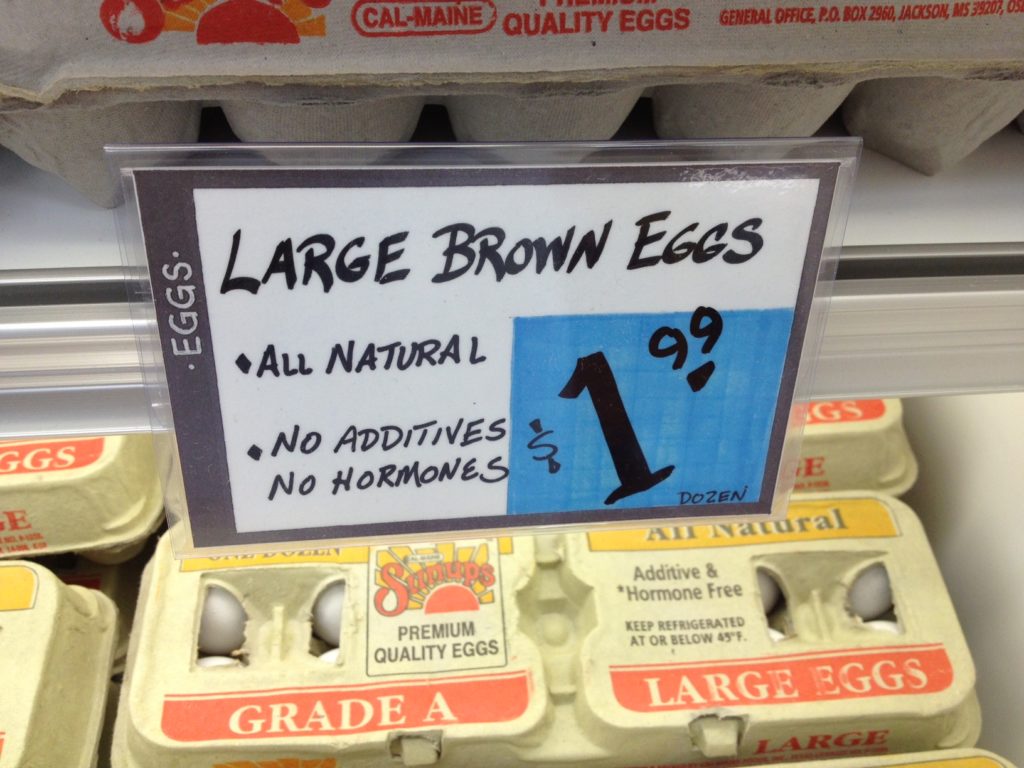
“No added hormones”
This phrase is meaningless. Federal regulations do not allow hormones for poultry, pork and goats.
Watch the Video – How are hens raised?
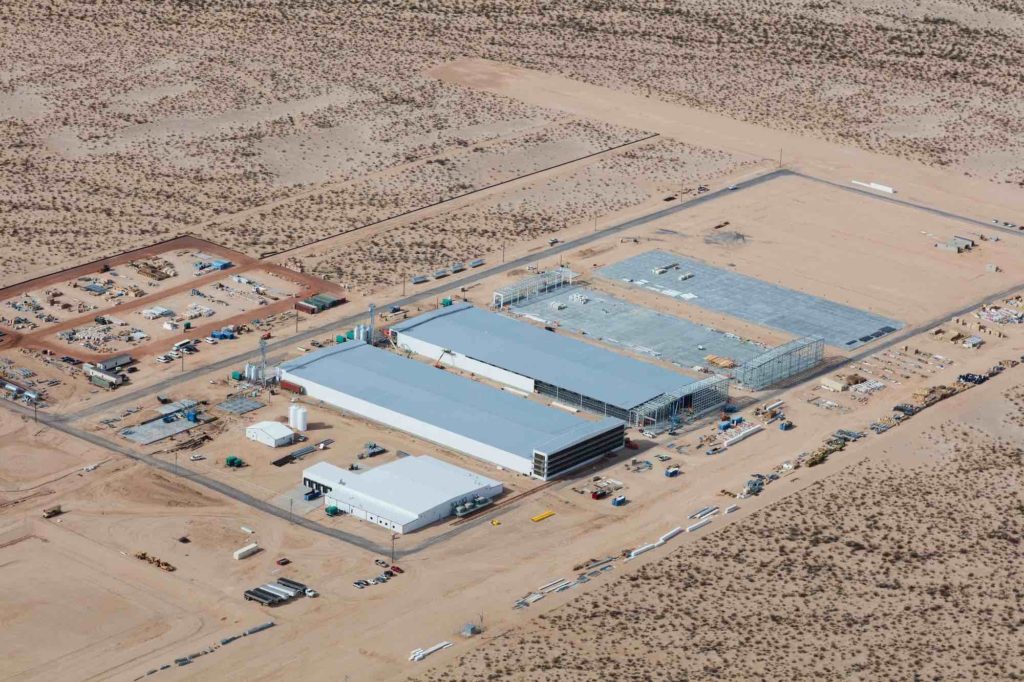
Nellie’s Free Range Eggs provides this video to help you learn the difference.
Certified Humane and Animal Welfare Approved – Not a Gimmick
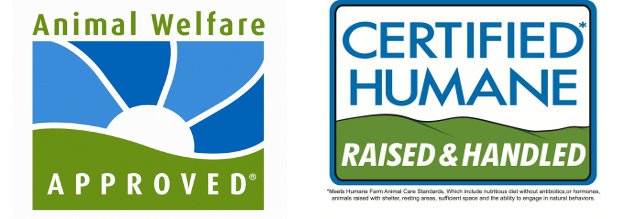
Certified Humane
Beware of the marketing term on the package “Humanely raised” but do look for this certification, Certified Humane®. “There are specific standards of care for pasture-raised, free-range and cage-free hens. Third-party inspections assure farmers are meeting HFAC’s standards. That’s what’s behind the Certified Humane® label.”
Farm Animal Care (HFAC) is the leading non-profit certification organization dedicated to improving the lives of farm animals in food production from birth through slaughter. You can search for your egg company on their site.
Animal Welfare Approved
Independent farmers and ranchers across North America are raising animals sustainably and producing meat, dairy, eggs and fiber in ways that are good for the animals, the environment and people. Find approved products.
Certified Animal Welfare Approved by AGW (AWA) is an independent, nonprofit farm certification program—and now one of the nation’s top 5 fastest growing certifications and label claims.
Two brands that I like are Vital Farms and Nellies.
Recommended
-
Chia Super Food for Energy, Weight Loss & MoreAugust 8th, 2023
-
How to Freeze AvocadosJune 8th, 2023
-
How to Freeze Coconut MilkJune 1st, 2023
-
Stinging Nettle for Immune Support and MoreApril 18th, 2023
